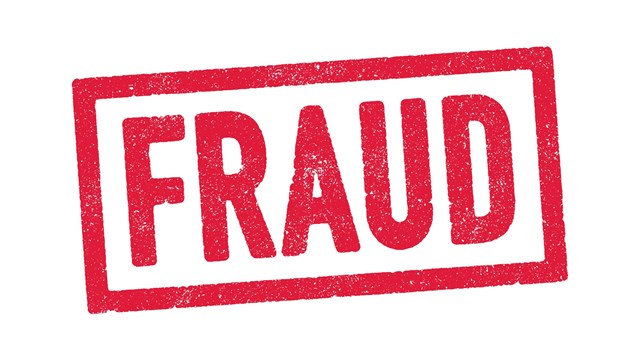
Q. We have a board member who has been locked out of meetings. According to that board member: "The board has formed an executive committee that has, for all intents and purposes, shut me out. I am no longer able to view board discussions, I can not participate in board debates, decisions or activities. I've been disenfranchised and marginalized for reasons that have my stymied. My perspective is obviously not accepted, and the executive committee felt the need to censor me. "
Is this action legal? And if shareholders and especially board members are privy to all finance records and any meeting minutes, why would the board do such a thing? Why the secrecy? What action can be taken to stop this rogue board other than waiting for election day?
As a shareholder and previous board member it is my understanding that we have the right to see all minutes and finances of the building!
—Shareholder Seeking Equality
A. “Dealing with board members who do not get along with the rest of the board is a problem for which there is no easy solution,” says Geoffrey Mazel, an attorney with the New York-area firm of Hankin & Mazel. “Based on the information provided above, it appears the board is acting outside their authority by shutting out a particular board member from participating and deliberating in the board process. The bylaws will define the rights of board members. Most bylaws state that every board member has one vote and a majority vote is required for the board to act. No one board member has greater or lesser rights than any other board members. In addition, all board members have equal rights to review corporate financial and business documents. Finally, most bylaws do not have a provision to disenfranchise any particular board member from voting and deliberating in a board meeting. The board does have certain remedies for a board member that is not functioning properly with the rest of the board. Most bylaws provide that the board can call a special shareholders meeting to have the board member removed. Usually this type of provisions states that the board member can be removed by a shareholder vote with or without cause. You would need to check the particular bylaws in order to determine the rights to remove a board member. In addition, there are specific instances where board members are precluded from voting and/or deliberating on certain issues, which usually involved a conflict of interest. Finally, the board is within their rights to form an executive committee and exclude a certain board member. However, all minutes of that committee must be made available to the disenfranchised board members.”









Comments
Leave a Comment